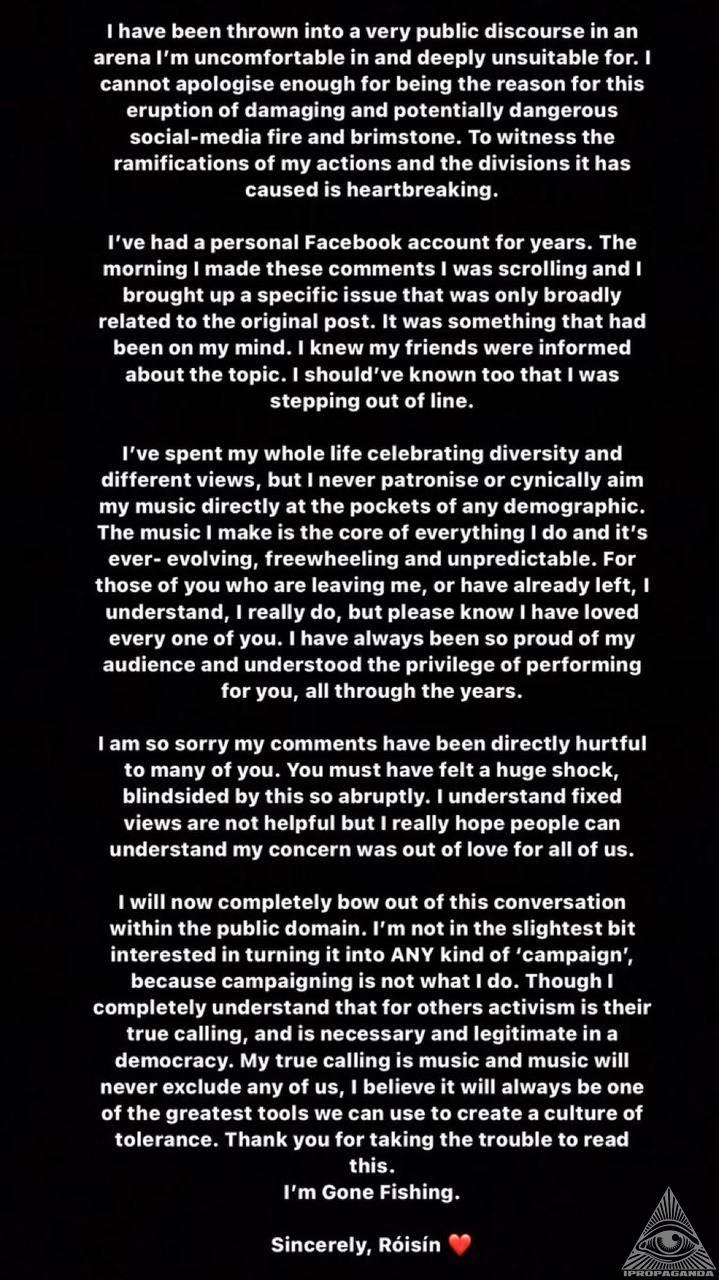
Is it fair to critique a recording artist for their private statements? Well, that's a question that sparks lively debates amongst us all. Our individual perspectives and values shape how we view the impact of an artist's personal life and beliefs on their public image.
Some argue that private statements shouldn't be condemned since they are often made in personal and potentially unguarded moments. On the other hand, some believe that an artist's public persona is intrinsically linked to their art, and any inconsistencies with their personal beliefs should be called out. Ultimately, deciding whether to criticize an artist or not is a matter of personal judgment and values.
But here's the thing - engaging in respectful dialogue and considering multiple viewpoints is crucial. We should recognize an artist's freedom of expression while also respecting individuals' rights to voice concerns or disagreements. Through constructive conversations, we can foster understanding and grow as a community.
Now, let's say the recording artist in question is none other than Róisín Murphy. Róisín has been a vocal supporter of a community that is now rallying against her. This kind of situation can be incredibly challenging and sensitive. When faced with such circumstances, it's essential to understand the reasons behind the community's stance. Exploring their concerns, opinions, and experiences can help us gain a comprehensive perspective.
Initiating a dialogue between the artist and the community becomes vital in such instances. Fortunately, it seems like Róisín is open to listening to the community's grievances. Constructive conversations can bridge the gap and foster understanding if both parties are willing to engage genuinely.
Róisín appears to have reflected on her past statements and acknowledges how they may have contributed to the discontent within the trans community. Through heartfelt apologies, she demonstrates a genuine willingness to learn. It's a step towards rectifying any potential mistakes and growing as an artist and individual.
Now, we feel compelled to speak up about Róisín's decades-long commitment to authenticity – a quality that's truly rare in the creative world. Her work with Moloko and her solo career exemplify creative integrity, unlike much of today's creative landscape that seems more focused on instant gratification and fleeting fame. This leads us to question whether it's worthwhile to break down an artist who embodies the best of what creativity can offer. Maybe it's better to consider the entirety of Róisín's contributions and move forward from there.
Róisín seems ready to turn the page and learn from her experiences. Now, it's up to the rest of us to show patience, empathy, and understanding. Can we rise to the occasion and grow together?

